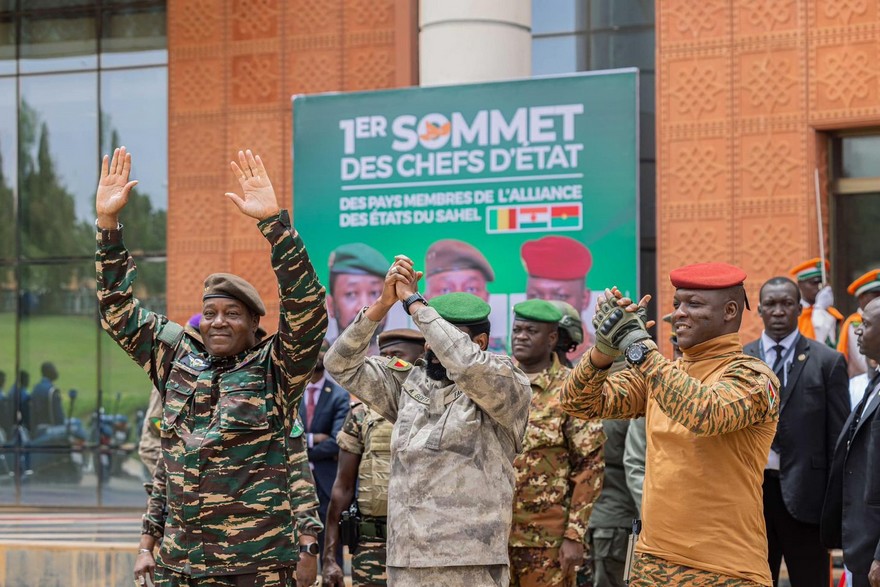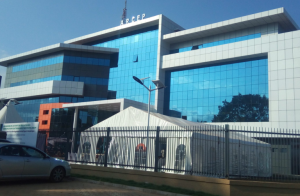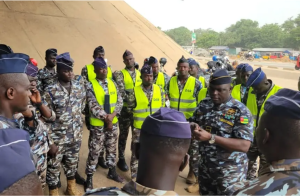AES: The need to break all colonial and neo-colonial chains in order to preserve regained sovereignty

Since its inception, the Alliance of Sahel States (AES) has been perceived in the West African sub-region as a strategic curiosity, eliciting both hope and concern. In the face of this sovereigntist dynamic, imperialist powers are multiplying their influence maneuvers to slow the momentum of its member states.
The objective is not necessarily to simultaneously overthrow the three founding states; it is enough for just one of them to falter for the entire structure to be weakened. This reality demands collective vigilance and a common strategy to prevent the collapse of a single link from leading to the disintegration of the whole.
Destabilization can take various forms: political interference, economic pressure, lingering old agreements that remain unbroken, media operations, or discreet support for internal opposition.
These actions exploit vulnerabilities inherited from the colonial period and reinforced by persistent neocolonial ties.
This is why the priority for member states must be to break, without weakness, with these historical attachments that serve as a gateway for external interference.
Severing these ties does not mean turning inward, but rather creating international relations based on equality and mutual respect, free from the instruments of influence that have often been used to impose foreign agendas.
Strategically, the Alliance must consolidate its institutions, professionalize its security forces, and develop transparent governance that reduces the operating space for foreign influence networks.
Establishing a common framework for intelligence and the prevention of interference would be an effective bulwark against targeted destabilization attempts.
Member states would benefit from pursuing a joint policy of sovereign assertion including coordinated messaging, the rejection of exploitative agreements, and the renegotiation of treaties inherited from the colonial era.
Civil society and the media must also play a central role by raising public awareness of sovereignty issues and supporting emancipatory public policies.
Citizen mobilization is a major asset for countering foreign narratives and strengthening internal resilience.
It is also important to diversify international partnerships, favoring alliances based on mutual respect, non-intervention, and equitable economic exchange to break neocolonial dependencies and reinforce unity.
Ultimately, the future of the Alliance of Sahel States depends on the collective ability to break with the colonial and neocolonial mechanisms that foster interference.
By consolidating political autonomy, regional cooperation, and economic resilience, the member states can shield themselves from the traps set by imperialist powers and build a truly sovereign path for their peoples.
Fayçal BADIE






